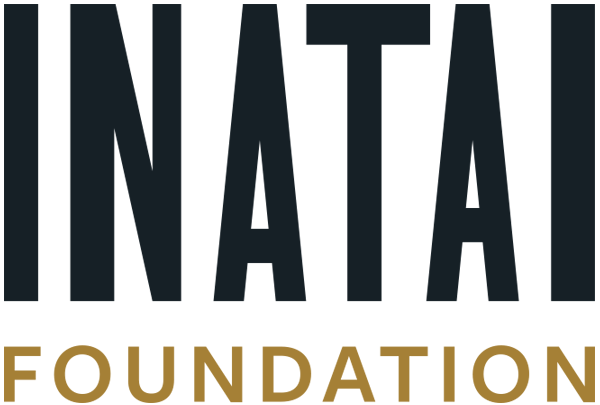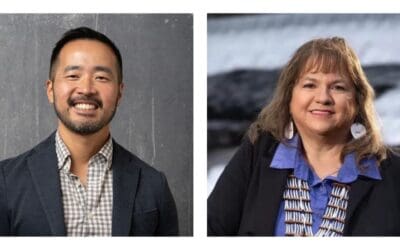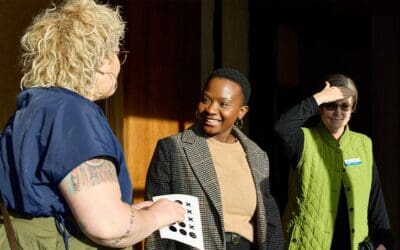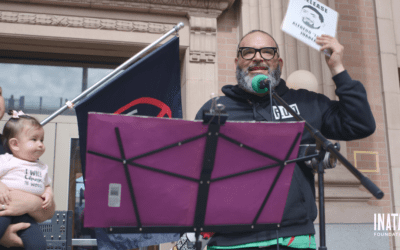Until Feb. 1, 2023, we were Group Health Foundation. This post was written under our former identity. To learn more about our new name, read our announcement here.
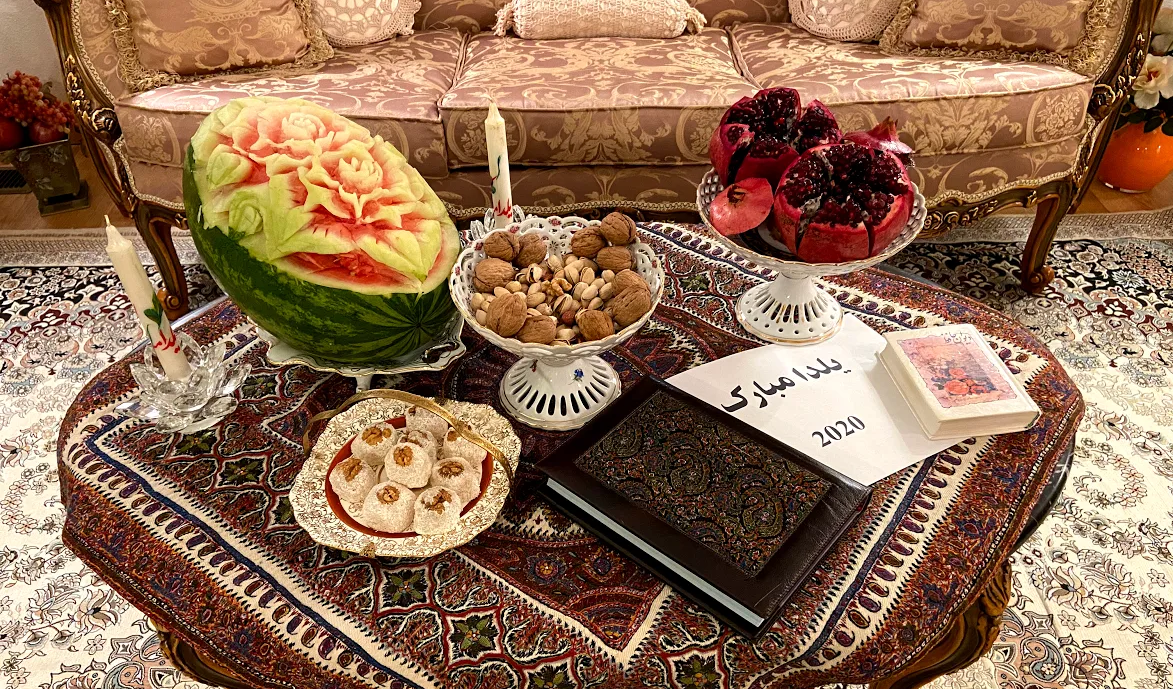
Pomegranate, watermelon, and nuts are symbolic to Yaldā. For their virtual celebration, Alefba held a photo contest and encouraged community members to submit photos of their home displays. Photo: Alefba.
Connection making and community building are integral to the work for health equity and justice. Group Health Foundation provides sponsorship support for gatherings—in-person or virtual—that benefit organizations and the communities they serve, while making progress toward a better future in Washington State. Read “‘We wanted to raise joy’: Three sponsorship recipients on the events they’ve hosted” to learn about other organizations serving their communities.
Alefba Group is a nonprofit that celebrates and promotes Persian and Iranian culture through educational, social, and charitable activities and programs. It is also actively providing services to Iranians in the Puget Sound, as well as the larger community in Washington State. The organization partnered with four others—Iranian American Community Alliance, Peyvand, Seattle-Isfahan Sister City Advocacy, and Seattle Persian School—to host a winter solstice festival this past December 2020, also known as Yaldā. Afshin Sepehri and Rana Amini are board members.
Q: How would you describe your event?
A: (Afshin): We wanted to raise joy and overcome isolation during an extremely difficult time. And when we had meetings with organizations and leaders of the Iranian community, we learned we were all working toward this common goal. It was personally very rewarding for me because I knew these organizations from afar, but now we were engaged and working together. Our online event was a large one with five hours of programs and a lot of people—about 25 people at least—who were involved in planning. The programs were each five to 15 minutes long. We had music, stand-up comedy, poetry recitation, a cooking show, and a photo contest. Together, it was a very nice collage of programs. Yaldā is about family, about getting together, and we achieved that—even virtually. As a result of this success, the local Iranian organizations have been inspired to hold another event for the Persian new year, which is coming up.
Q: There were even celebrities who performed at your event. Who were they?
A: (Afshin): One is an Iranian pop star legend, Shahbal Shabpareh. We have been listening to him since we were kids, and we were lucky to see him and interact with him on this “stage.” The other celebrity we brought in was a young and new Iranian star, stand-up comedian, Tara Grammy. She has already done a couple of movies and video clips that people love. It was very nice to have a mix of these two celebrities from different generations on stage. We sometimes think our kids who are raised in the U.S. do not connect enough with our culture, but in this case, even my 16-year-old daughter was having fun. She performed her own stand-up routine right before talking to Tara and received a compliment from her!
Q: Your volunteer team also spent a lot of time on gifts for attendees. Could you tell us more about that?
A: (Afshin): When people come together for Yaldā, they don’t traditionally give each other gifts, but they do share foods like nuts, watermelon, and pomegranate—which are all symbols for this occasion. This human connection is what’s missing these days, so we thought: “What if we send people gifts or deliver them to their doors?” To us, it was all about the human touch. And it was not only touching to the people who received it, there was also so much excitement within our own organization about creating the gifts. One of our community members volunteered to create a beautiful jewelry box. She said, “I’ll just charge you for the materials.” That was a very Herculean task to create 200 of these jewelry boxes in a window of just two weeks and she did it!
We also used this gifting opportunity as a vehicle to send some health and wellness messages to the community. Alefba Group has a quarterly health bulletin, and we asked our Health and Wellness Committee to publish a COVID-19 issue for the gift bag. We also ordered a magnet sharing a beautiful Persian poem with the message of social distancing! In the vast amounts of poetry that we have in Persian culture—we even found one for these times!
Q: It sounds like Persian literature and poetry are very important to your work.
A: (Rana) Iranians have immigrated to the U.S. during different times over the past century for different reasons, such as political, religious, education, etcetera. What we do at Alefba is use our culture, our language, our poetry, and our literature to bring everyone together. This is a winning point for us because we believe that our culture is the most valued offering that we can bring to the table to join all of us together. And that is why when you see our materials or go to our website you can see that literature is an important part of what we do. We believe that this is a learning point for our younger generation here. During Yaldā, we had programs for children by the Seattle Persian School in which very young children recited poems. They are learning the Persian (Farsi) language while learning about our culture.
Q: What are some things you learned about hosting a virtual Yaldā?
A: (Afshin) One thing we learned the hard way during this event is that if you promote your event well, a lot of people may show up! We had purchased a Zoom webinar feature for 150 attendees. We hit our limit very quickly, even though we were also broadcasting on Facebook in parallel. If we repeat this in the future—which I believe we will—we need to pay more to get the extra features on Zoom to allow more people to join. We also want to have a YouTube option available as well. Now that we know what is possible, we are committed to working on bigger events and bigger programs in general. We would also like to invite non-Iranians to join and learn more about our community and culture.
